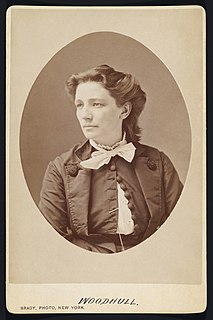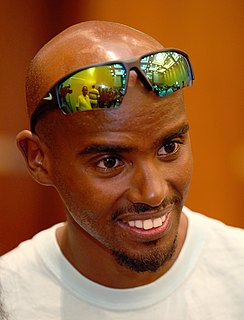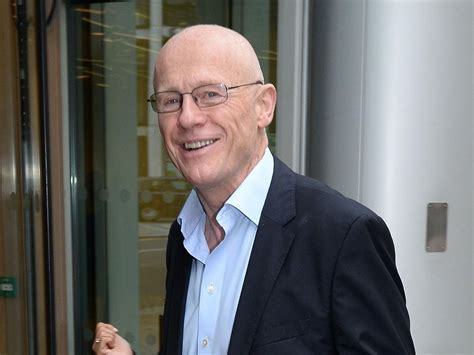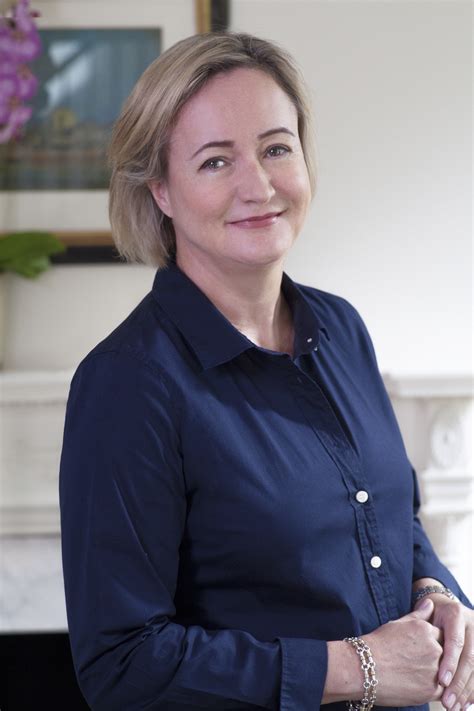A Quote by Sulaiman Abdul Aziz Al Rajhi
I distributed my wealth among my children and set aside a portion for endowment to run charity projects.
Related Quotes
What meaning do our lives have if we cannot set aside at least one hour a day out of 24 for thinking about God? Think how many hours we spend reading the newspaper, gossiping and doing various useless acts! Children we can definitely set aside an hour for sadhana if we really want it. That is our real wealth. If we cannot spare a whole hour at a stretch, keep apart half an hour in the morning and again in the evening.
Little children play with dolls in the outer room just as they like, without any care of fear or restraint; but as soon as their mother comes in, they throw aside their dolls and run to her crying, "Mamma, mamma." You too, are now playing in this material world, infatuated with the dolls of wealth, honour, fame, etc., If however, you once see your Divine Mother, you will not afterwards find pleasure in all these. Throwing them all aside, you will run to her.
Our Founding Fathers well understood that concentrated power is the enemy of liberty and the rights of man. They knew that the American experiment in individual liberty, free enterprise and republican self-government could succeed only if power were widely distributed. And since in any society social and political power flow from economic power, they saw that wealth and property would have to be widely distributed among the people of the country. The truth of this insight is immediately apparent.
If exclusive privileges were not granted, and if the financial system would not tend to concentrate wealth, there would be few great fortunes and no quick wealth. When the means of growing rich is divided between a greater number of citizens, wealth will also be more evenly distributed; extreme poverty and extreme wealth would be also rare.
And whereas many men, by accident unevitable, become unable to maintain themselves by their labour; they ought not to be left to the Charity of private persons; but to be provided for, (as far-forth as the necessities of Nature require,) by the Lawes of the Common-wealth. For as it is Unchariablenesse in any man, to neglect the impotent; so it is in the Soveraign of a Common-wealth, to expose them to the hazard of such uncertain Charity.

































